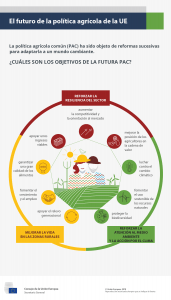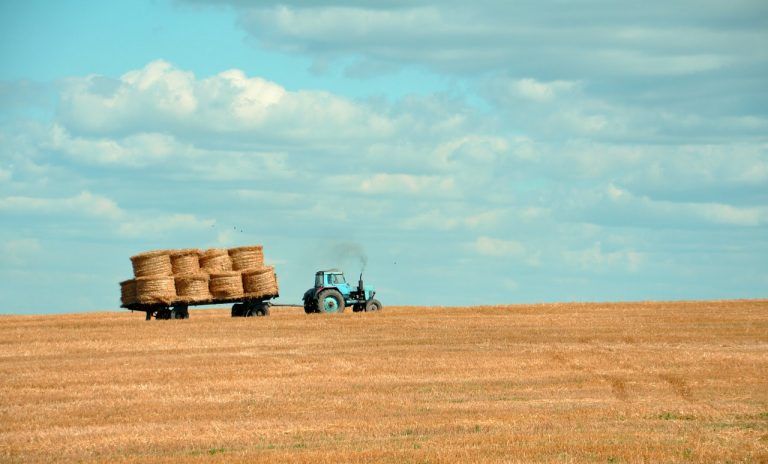The European Commission is inviting stakeholders such as primary producers, processors, manufacturers, wholesalers, retailers and input providers to share their experience with agreements aimed at achieving sustainability objectives in the agri-food supply chains. The feedback will help the Commission to draft guidelines on a new derogation exempting sustainability agreements in the field of agriculture from competition rules under certain conditions.
EU law generally bans agreements between companies that restrict competition, such as agreements between competitors leading to higher prices or lower quantities. However, the European Parliament and Council of the EU recently adopted a new derogation allowing such restrictions in agreements in the agriculture sector if they are indispensable to achieve sustainability standards higher than EU or national mandatory standards. This derogation is laid down in the CMO Regulation 1308/2013 forming part of the EU common agricultural policy.

Infographic – The future of EU agricultural policy (Disponible en español) |
The agreements should pursue certain environmental objectives, the reduction of the use of pesticides and of the danger of antimicrobial resistance and the protection of animal health and welfare. The parties to the agreements should be agricultural producers acting possibly with other actors from the supply chain.
The Council and Parliament asked the Commission to issue guidelines concerning the conditions for the application of this derogation by 8 December 2023. This would also contribute to the Commission’s fulfilment of its mandate under the farm to fork strategy to clarify the scope of competition rules for collective actions in the field of agriculture.
The Commission consults stakeholders to understand the types of sustainability agreements they have developed so far or would like to develop, the potential restrictions of competition that could have resulted or may result from such agreements as well as the possible impact of such cooperation on supply, prices and innovation.

HORIZON EUROPE: Smart solutions for the use of digital technologies for farms
|
The Commission is therefore seeking the views in particular of primary producers and their organisations, processors, manufacturers, wholesalers, retailers, input providers, as well as inter-branch organisations. Other interested parties, such as sector analysts, academics, and organisations specialised in sustainability issues for agriculture can also provide their input.
All stakeholders are invited to submit their views on the Commission’s consultation website until 23 May 2022. The Commission will carefully review all input and will publish the stakeholders’ submissions, a summary of the main findings and conclusions on the consultation website. The Commission envisages to have a public consultation on the draft guidelines in 2023.
Background
Article 101(1) of the Treaty on the Functioning of the European Union (‘TFEU’) prohibits agreements between companies that restrict competition. Article 42 of the TFEU however states that competition rules apply to the sphere of agriculture only to the extent determined by the Parliament and Council. In the context of the common agricultural policy reform for 2023-2027, the co-legislators adopted in 2021 a new derogation from competition rules for agricultural products.

What is the future of rural areas?
|
The new derogation is contained in Article 210a of Regulation 2021/2117, which amends Regulation 1308/2013 establishing a common organisation of the markets in agricultural products. The provision states that agreements aimed at achieving a set of sustainability objectives by applying standards higher than what is mandatory under EU and/or national laws are allowed provided that any restrictions of competition that result from such agreements are indispensable for the achievement of the objectives at stake. In addition, the Commission and national competition authorities have the right to stop or require amendments of the sustainability agreements if this is necessary in order to prevent competition from being excluded or if it is considered that the objectives set out in Article 39 TFEU are jeopardized.






Leave a Reply